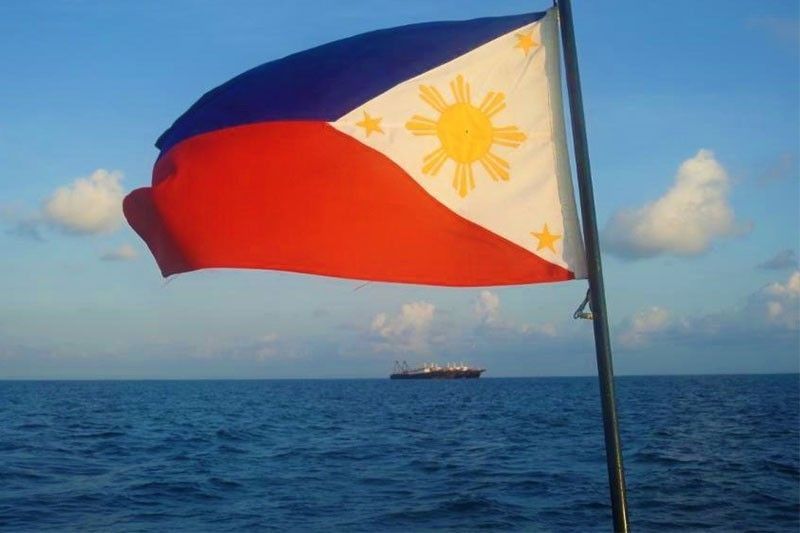Raising Philippine flag in our last frontier

As we commemorate the 125th year of Philippine independence, we continue to confront escalating geopolitical challenges particularly in the West Philippine Sea.
The administration is currently recalibrating its defense strategies as risks range from traditional, non-traditional, and evolving security challenges. Internal and external capabilities are both crucial to national security. Nevertheless, the country is expected to make bold strides in its external capabilities due to the activities in its maritime territory.
Raising our flag in our last frontier in our Western territory is not only a matter of celebrating Independence Day. More importantly, it signifies our sovereignty and sovereign rights in the West Philippine Sea and reminds the international community of our commitment to a rules-based international order.
Rallying behind our flag reflects our unity and pride as a people with a shared history and devotion to protecting what is ours. Emerging geopolitical issues have made the West Philippine Sea the critical venue for showing the world our solid commitment to protecting and sustaining our independence and sovereignty.
The success of internal defense strategies enabled our move towards external defense. The collective efforts of Philippine agencies in Palawan have made the province insurgency-free. With internal security in check, the government can now put more focus on securing its maritime territory.
Philippine defense institutions must be commended for their tireless efforts to secure our last frontier. To honor our arbitral victory, military and civilian vessels are routinely deployed to patrol the area. Personnel are assigned to stations bereft of amenities and under the harshest conditions, such as those deployed aboard BRP Sierra Madre in Ayungin Shoal.
In addition, local municipalities initiate efforts to assert our presence in the area through community events and tourism activities. These efforts are commendable as these are opportunities to rally the people to unite behind our flag.
Newly appointed Defense Secretary Gilberto Teodoro Jr. supports solidifying the country’s defense posture where “national defense should transition — without sacrificing the gains in internal security — to external defense.” This recalibration in strategic defense thinking is crucial in forcing a change in China’s behavior and aggressive actions in the West Philippine Sea.
Reflecting the president’s call to promote an independent foreign policy, the country’s defense policy must consistently reflect the national interests as its primordial guide. Teodoro vowed to complement this transition to external defense by working with existing and potential allies and partners without pressure from other states. He firmly affirmed, "Our territory is our territory, and UNCLOS cannot be changed by the passage of time, nor changes in administration.”
While keeping close relations with neighboring states benefits our foreign policy, boundaries must be drawn where aggressive actions seem provocative, especially in the West Philippine Sea. Incidents such as the swarming of Chinese and Vietnamese vessels in the area, the blocking of Philippine resupply missions, and the pointing of a military-grade laser cannot be tolerated. Statements by President Ferdinand Marcos Jr. and Teodoro certainly set the direction of Philippine foreign and security policy. However, much remains to be done to effectively resolve the issues in the West Philippine Sea.
Responses to Chinese aggression in the West Philippine Sea should not be limited to filing diplomatic protests and agreements on communication mechanisms between our two countries. If we do not change our approach, the Philippines will be subjected to more Chinese activities in its territory. Such diplomatic statements and agreements must be complemented by a stronger, more credible defense posture.
As Filipinos commemorate our 125th Independence Day, the freedom of the Philippines from external pressures and aggressive actions, particularly in its maritime territory, must be reiterated in its foreign and security strategies. As the Philippines takes a more active stance on its external defense, Filipinos expect the Marcos Jr. administration to raise our flag and promote the national interest as it advocates for national security and asserts our arbitral victory in the West Philippine Sea.
Alynna Carlos is a program manager at the think tank Stratbase ADR Institute.
- Latest





























